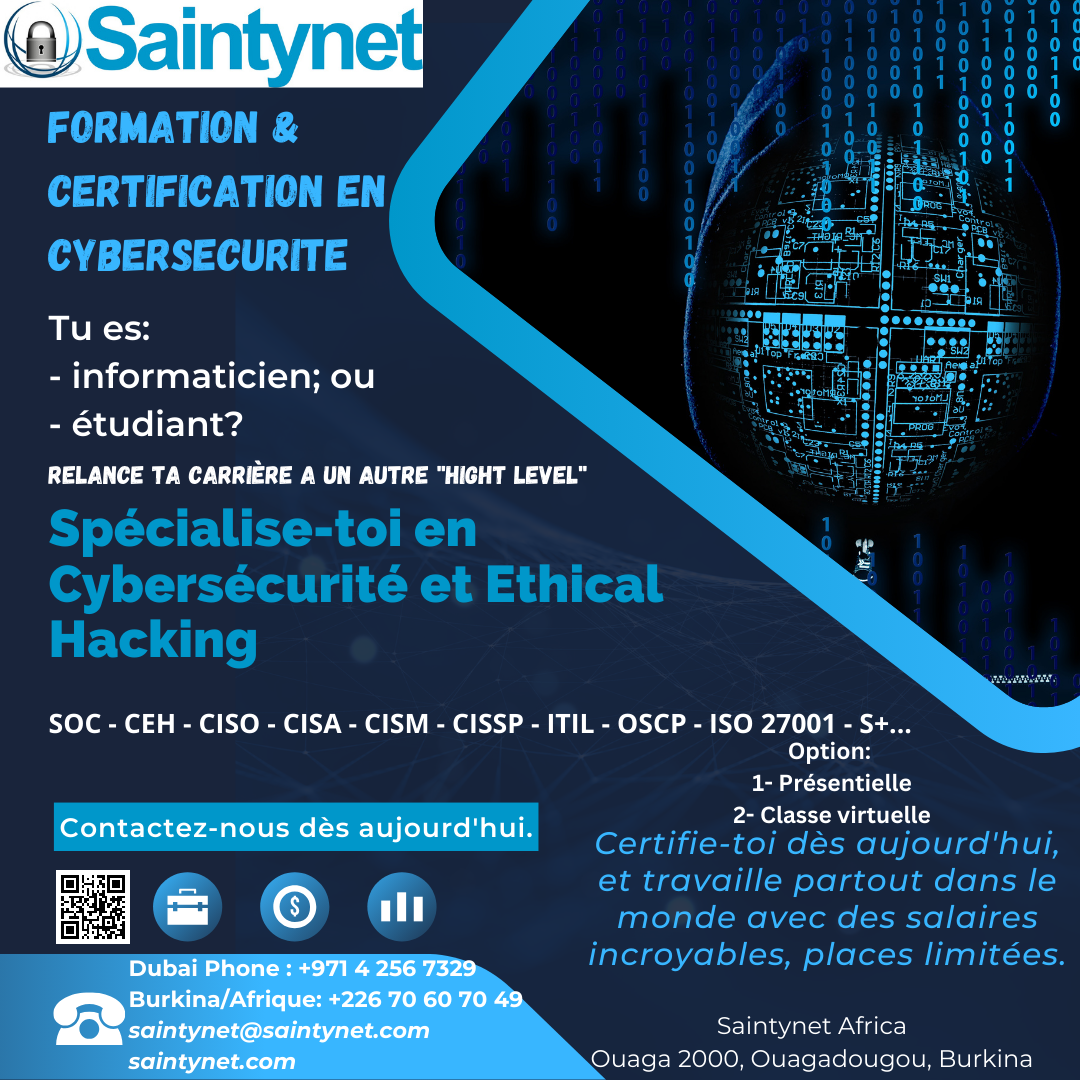Social media platforms have become an integral part of our lives, connecting us with friends, family, and the world around us. However, this constant connectivity also exposes us to potential security risks. From data breaches and targeted scams to account hijacking and online harassment, social media can be a breeding ground for cyber threats.
This article equips you with a comprehensive toolkit to secure your social media accounts and navigate these platforms with confidence.
Unveiling the Threats: Common Social Media Security Risks
Here’s a breakdown of some common security risks lurking on social media platforms:
- Data Breaches: Social media platforms can be targets for data breaches, potentially exposing your personal information like email addresses, phone numbers, and even private messages.
- Phishing Attacks: Cybercriminals often use social media to launch phishing scams. They might send deceptive messages disguised as legitimate companies or contacts, tricking you into revealing sensitive information or clicking on malicious links.
- Account Hijacking: If your login credentials are compromised, attackers can hijack your account and use it for malicious purposes, such as spreading misinformation or scamming your followers.
- Social Engineering: Cybercriminals can exploit personal information gleaned from your social media profiles to manipulate you into revealing sensitive details or taking actions that compromise your security.
- Targeted Harassment: Social media platforms can be breeding grounds for online harassment and bullying. Understanding how to protect yourself from such attacks is crucial.
Building a Social Media Fortress: Strategies for Enhanced Security
Here are some key strategies for securing your social media accounts:
- Strong Passwords & Two-Factor Authentication: Always use strong, unique passwords for each social media account. These passwords should be at least 12 characters long and contain a combination of uppercase and lowercase letters, numbers, and symbols. Additionally, enable two-factor authentication (2FA) wherever available. This adds an extra layer of security by requiring a secondary verification step beyond just your password.
- Privacy Settings Review: Regularly review and adjust your privacy settings on each platform. Restrict access to your profile information to trusted individuals or groups. Consider making your profile and posts private if desired.
- Beware of Sharing Personal Information: Exercise caution when sharing personal information on social media. Avoid publicly sharing your date of birth, home address, or phone number.
- Scrutinize Friend Requests and Messages: Don’t blindly accept friend requests from strangers. Review their profiles carefully before accepting. Be wary of unsolicited messages, especially those promising freebies or containing suspicious links.
- Beware of Third-Party Apps: Granting access to third-party apps can expose your data. Only authorize access to apps you trust and review the permissions they request before granting them. Regularly review and revoke access to unused apps.
- Think Before You Post: Be mindful of what you post online. Avoid sharing sensitive information like your location in real-time or details about upcoming vacations. Once something is posted online, it can be difficult to erase completely.
- Beware of Location Sharing Features: Disable location sharing features on your social media apps unless absolutely necessary. Sharing your location publicly can be a privacy and security risk.
- Utilize Social Media Monitoring Tools: Consider using social media monitoring tools to stay informed about mentions of your name or profile online. This can help you identify potential impersonation attempts or attacks.
- Report Suspicious Activity: If you encounter suspicious activity on your account, such as unauthorized login attempts or strange posts, report it immediately to the social media platform.
- Consider Taking Breaks: Social media can be overwhelming. Taking occasional breaks from these platforms can be beneficial for your mental health and overall security. Evaluate the information you consume and avoid engaging in heated online discussions.
10 Benefits of Social Media Security: Beyond Protecting Your Data
While securing your social media accounts primarily safeguards your data and privacy, the benefits extend far beyond:
- Peace of Mind: Knowing your accounts are secure can provide peace of mind and allow you to enjoy social media experiences without constant worry.
- Reduced Risk of Identity Theft: Stronger account security makes it more difficult for cybercriminals to steal your identity and exploit your personal information.
- Protection from Harassment: By taking steps to limit unwanted interactions, you can create a safer social media environment for yourself.
- Enhanced Control Over Reputation: Managing your privacy settings and online presence allows you to control how you are perceived on social media.
- Improved Online Experience: A secure social media experience allows you to focus on positive interactions and build genuine connections without the constant threat of scams or harassment.
- Protection of Professional Image: For professionals, social media security is crucial for maintaining a positive online reputation and safeguarding sensitive career-related information.
- Enhanced Trustworthiness: By demonstrating responsible social media practices, you project an image of trustworthiness and reliability, both personally and professionally.
- Reduced Risk of Social Engineering Attacks: By limiting access to personal information, you make yourself a less conspicuous target for social engineering scams on social media platforms.
- Reduced Risk of Spreading Misinformation: Being cautious about the information you share online helps prevent the inadvertent spread of misinformation or propaganda.
- Empowerment and Control: Taking charge of your social media security empowers you to control how you present yourself online and navigate these platforms with confidence.
Conclusion: Building a Secure and Rewarding Social Media Experience
By following these strategies and adopting a security-conscious approach to social media, you can transform these platforms from potential battlegrounds to enriching and secure online communities. Remember, social media security is not just about protecting your data; it’s about creating a positive and rewarding online experience. Be mindful of what you share, leverage security features, and prioritize your privacy. By taking control of your social media presence, you can unlock the full potential of these platforms while ensuring your safety and security in the digital world.




